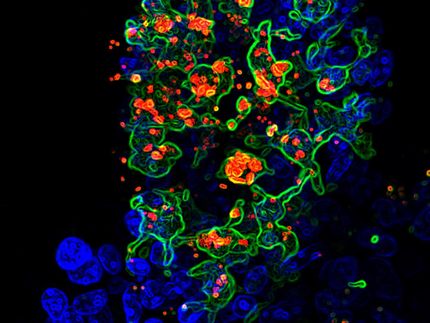CEL-1000 Peptide Effective Against Viral Encephalitis in Mice
Advertisement
CEL-SCI CORPORATION announced that its CEL-1000 immune-modulating peptide was shown in mice to protect against viral encephalitis, a potentially lethal inflammation of the brain. Viral encephalitis is on the U.S. government's list of priority pathogens for bio-defense research. These data were presented Dr. Kenneth S. Rosenthal, Professor of microbiology and immunology, and Dr. Neena Goel at Northeastern Ohio Universities College of medicine, Rootstown, Ohio at the American Association of Immunologists Annual Meeting in San Diego.
More than 100 different types of viruses can cause acute encephalitis. In the United States, the most frequently reported causes are herpes simplex virus type 1 (HSV-1) and viruses spread by insects. Antiviral drugs are available for the treatment of herpes simplex virus infections, but antiviral drugs are not available for other encephalitis causing viruses.
Daniel Zimmerman, Senior Vice President of Research, Cellular Immunology of CEL-SCI commented, "We believe that there could be significant potential for CEL-1000 as a possible treatment for viral encephalitis. Earlier studies in Dr. Rosenthal's lab with Dr. Neena Goel had shown high levels of protection in animal studies against Herpes Simplex Virus. Other researchers have shown that CEL-1000 also protects against malaria and cancer in animal models. These studies suggest that CEL-1000 modulates the immune system to more effectively fight different diseases."
CEL-1000 is a modified version of a human immune-based protein known to bind to both human and mouse immune cells and appears to act by enhancing the host's protective immune response.
















































